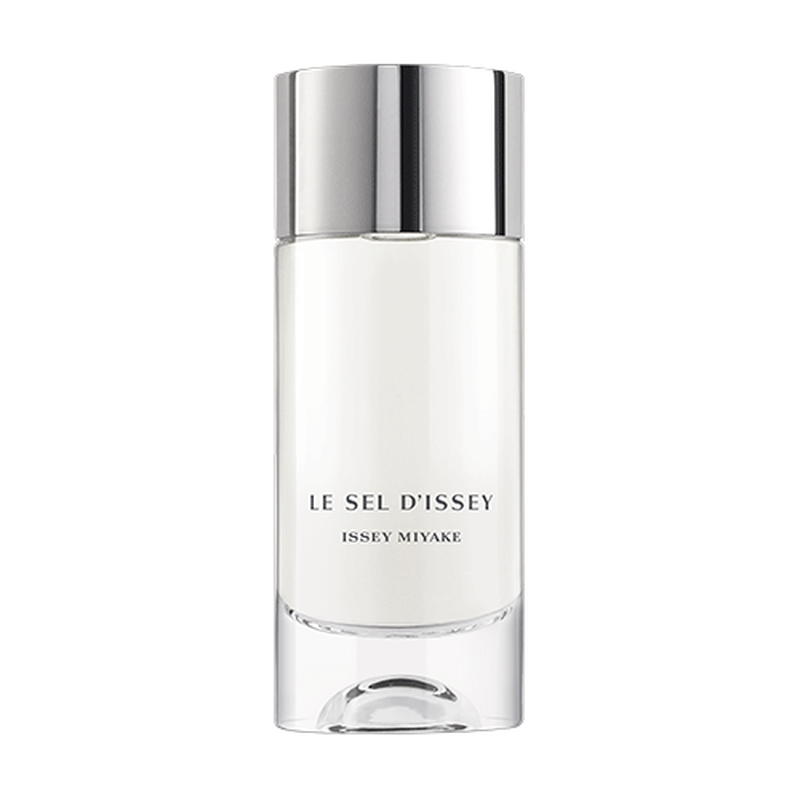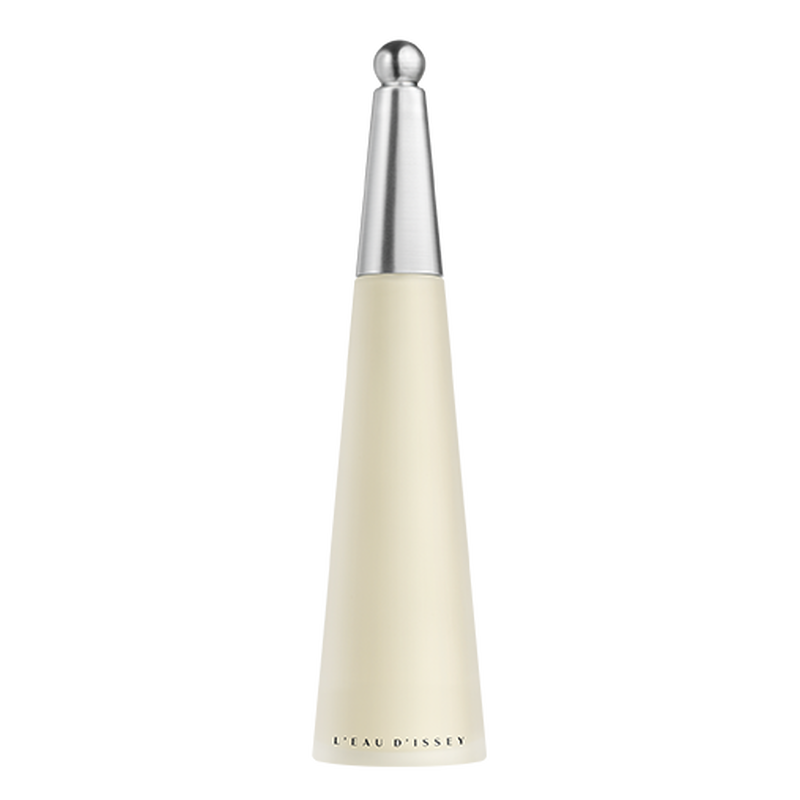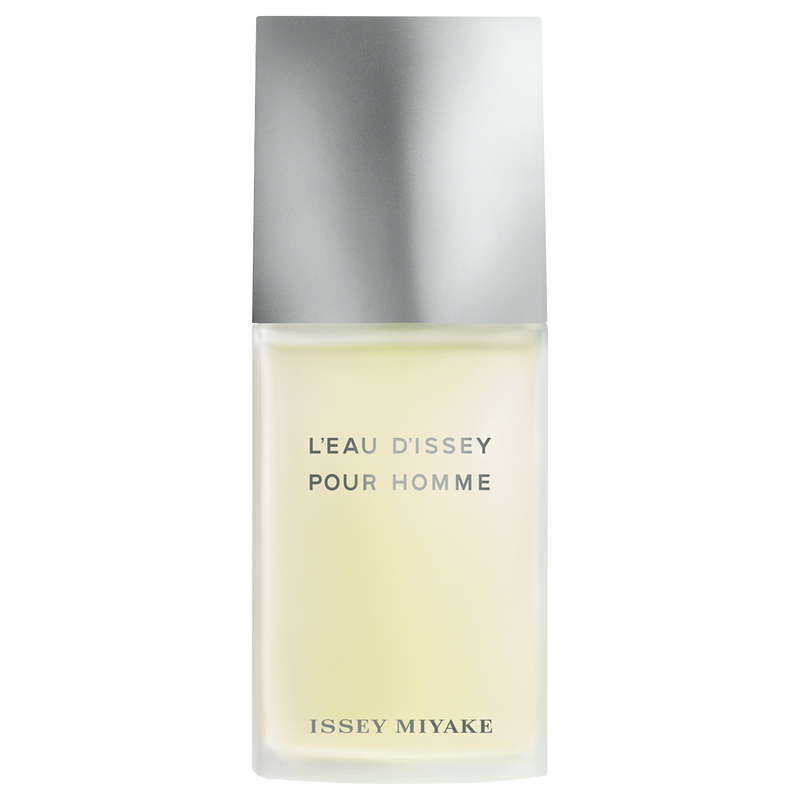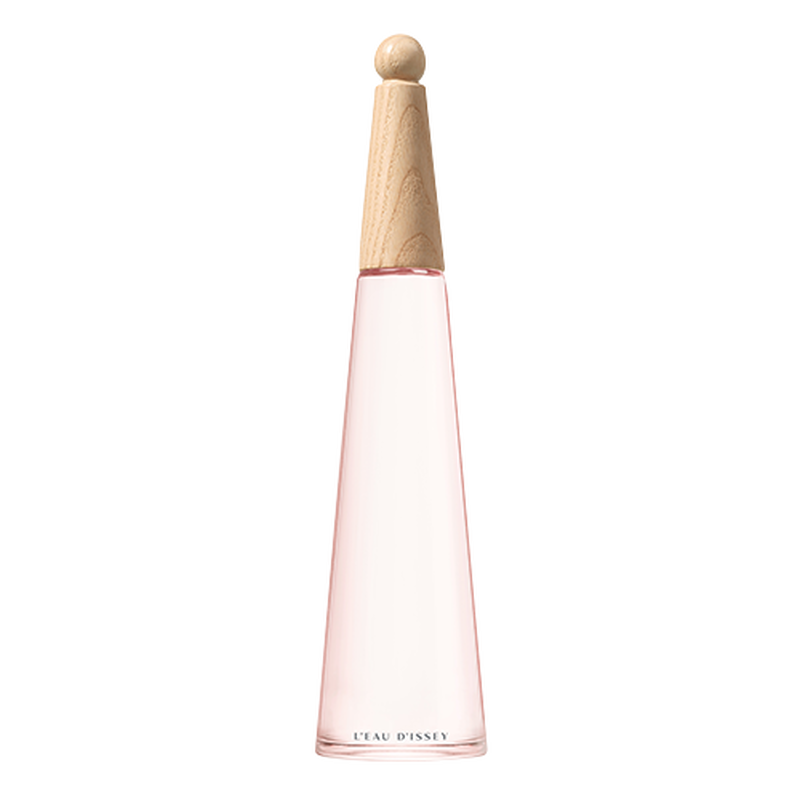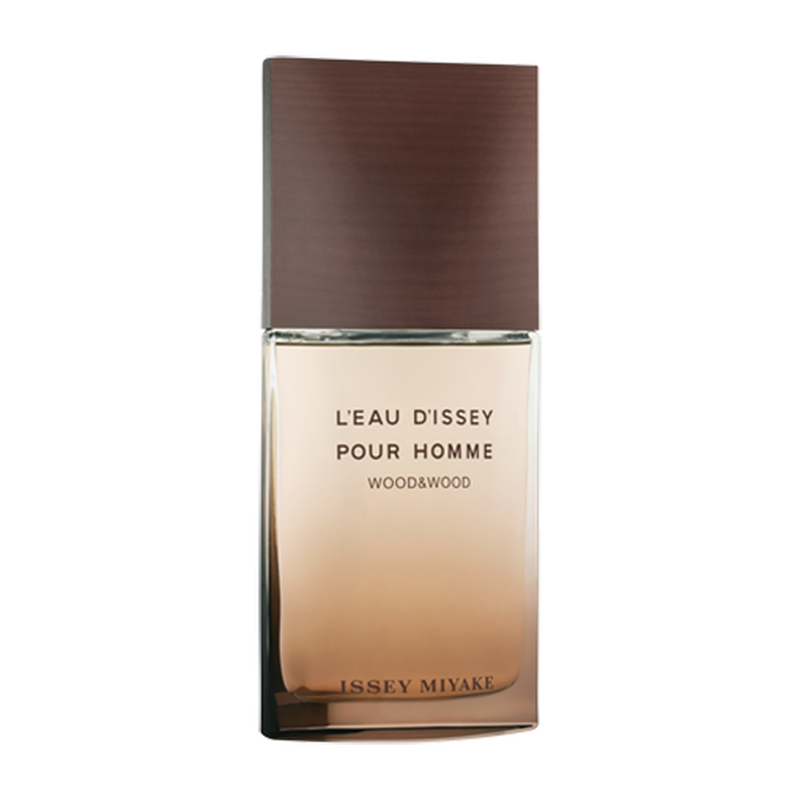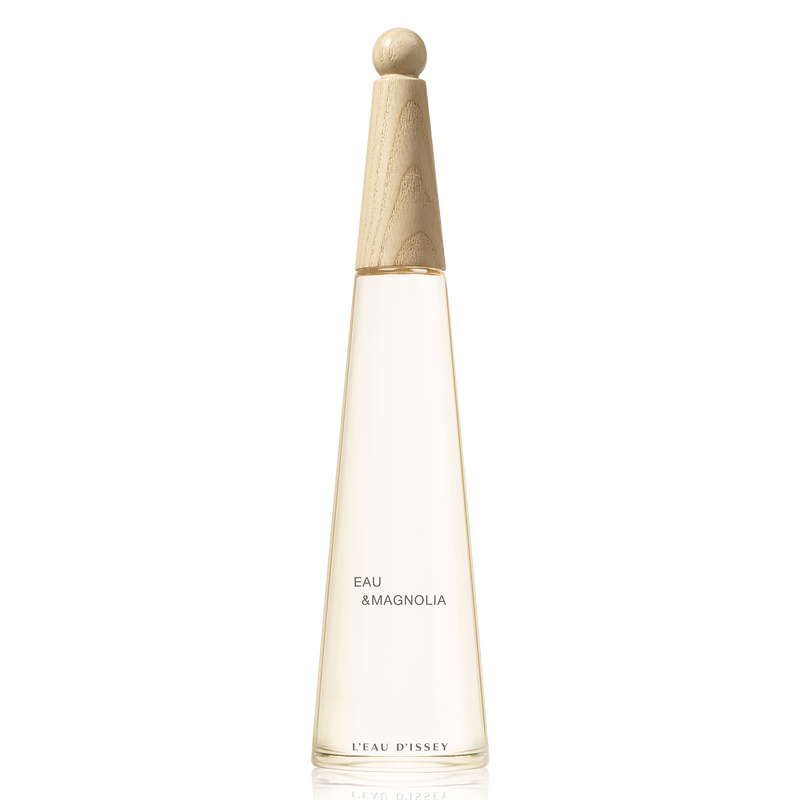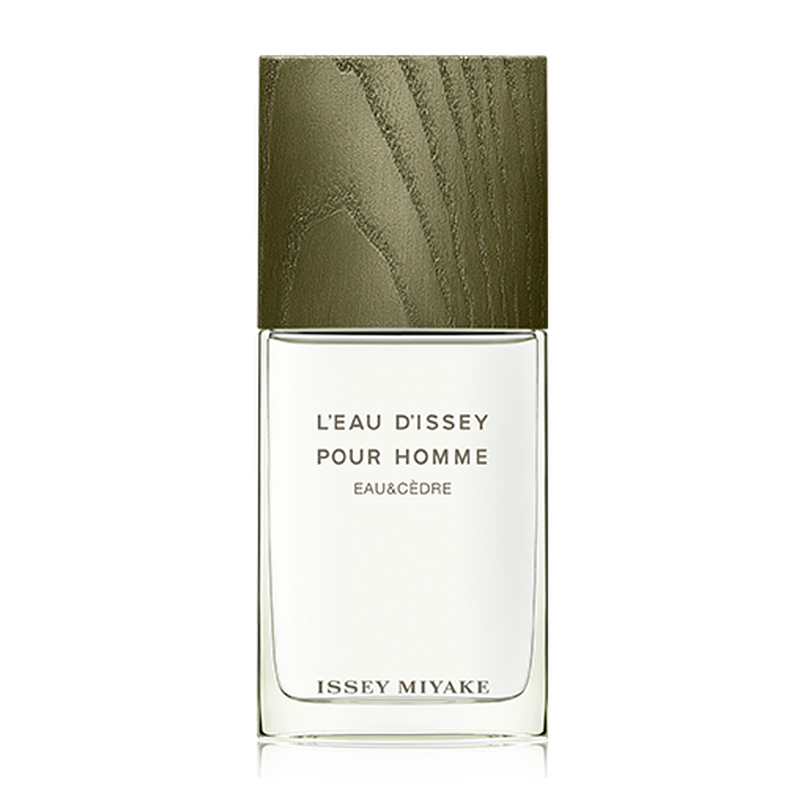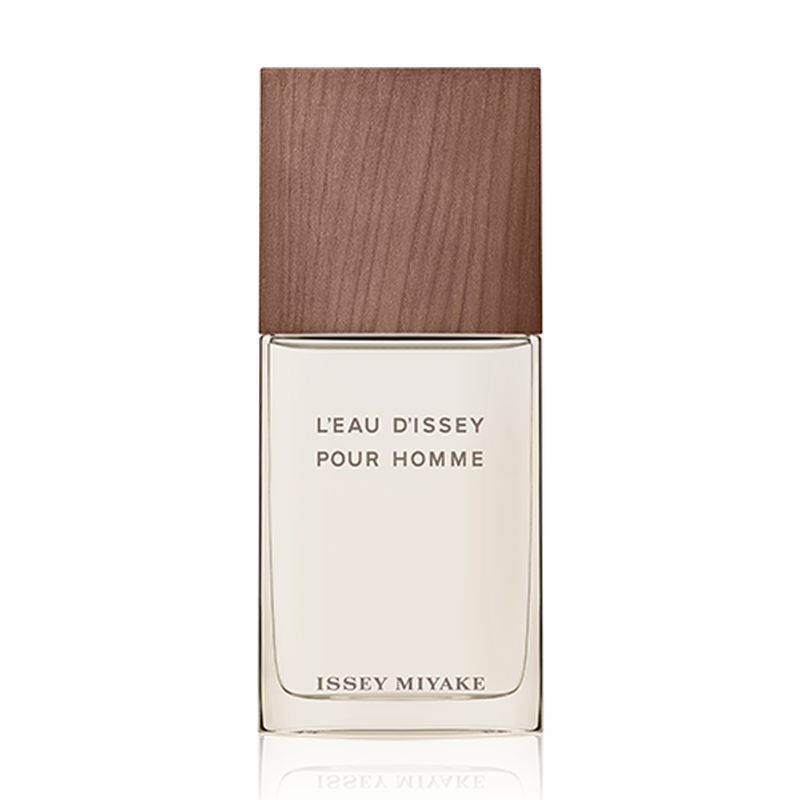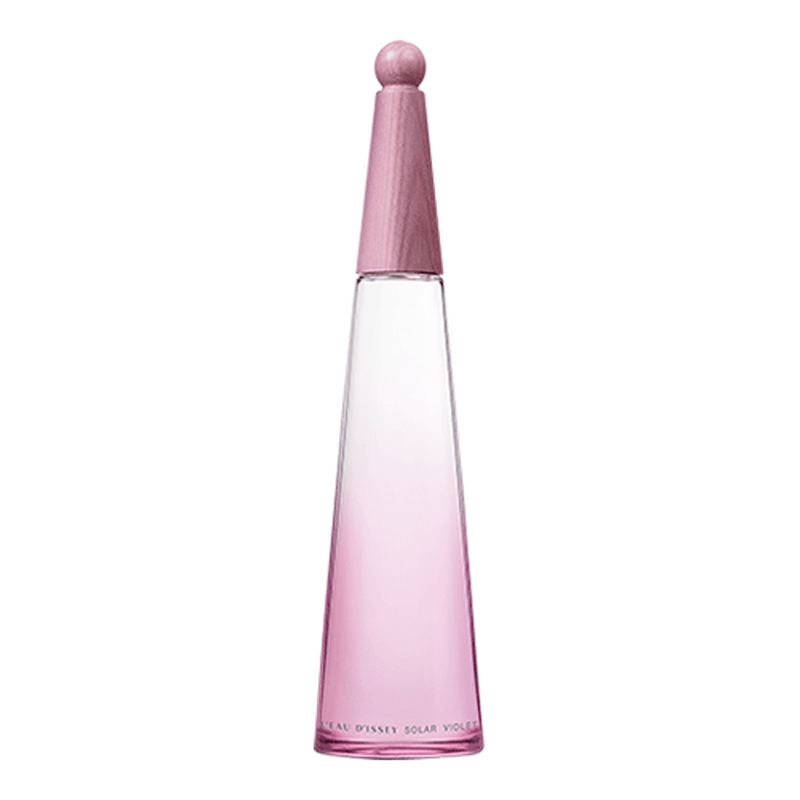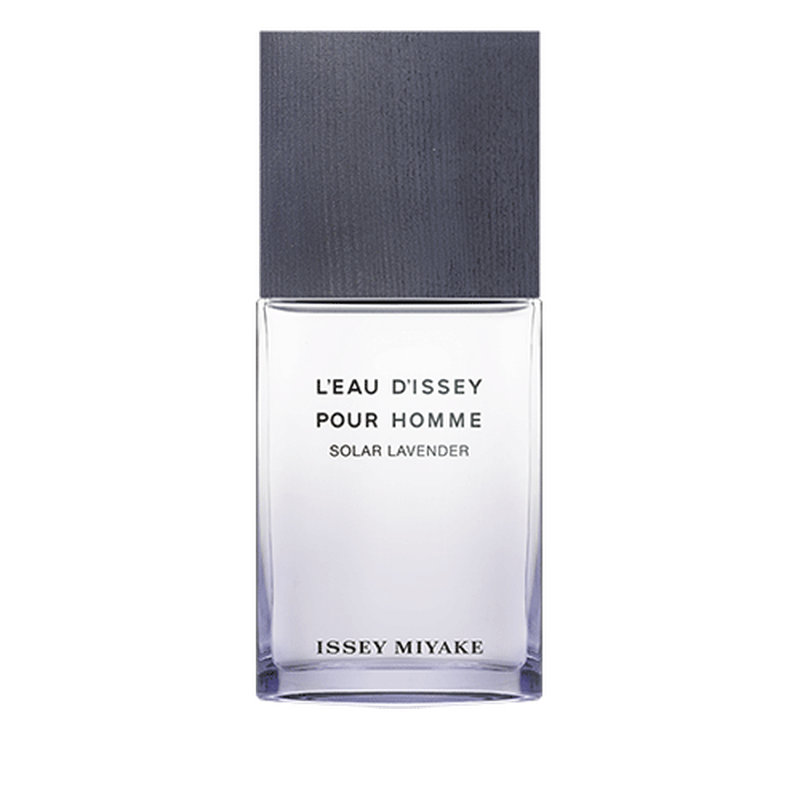-
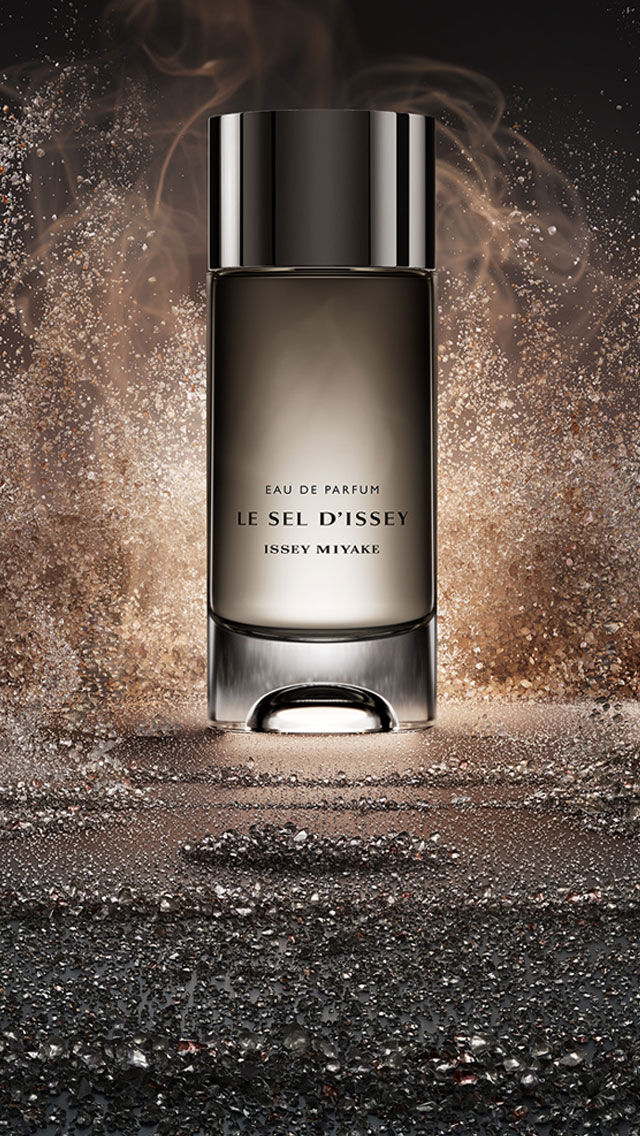
-

L'EAU D'ISSEY
pour HommeTHE timeless COLLECTIONS
Discover the purity of water in the L'Eau d'Issey Collection and the strength of water in the L'Eau d'Issey Pour Homme collection. Delight your senses with the aquatic freshness of these 2 timeless and elegant fragrance collections.
L'EAU D'ISSEY
L'Eau d'Issey Collection will delight your senses with its fresh, aquatic, floral essences. Rediscover the purity of water: the source of life, the essential element. Water that gave life to Issey Miyake’s first, iconic fragrance: L'Eau d'Issey, reinterpreted throughout the years with many different facets.
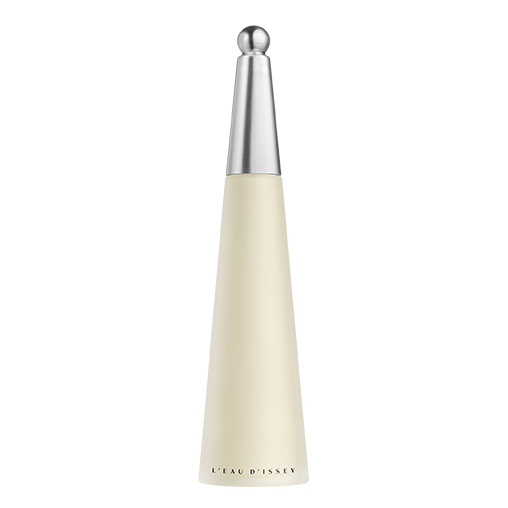
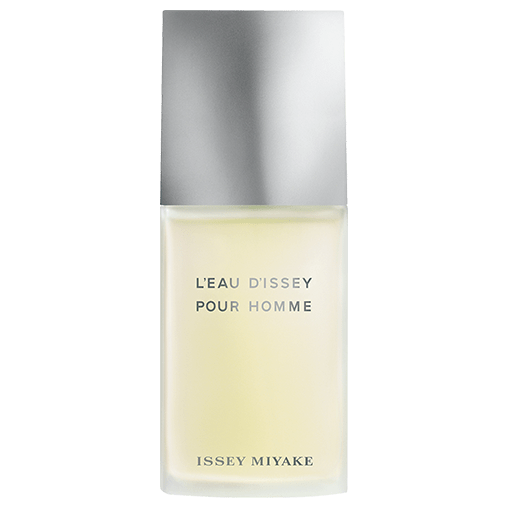
L'EAU D'ISSEY POUR HOMME
L'Eau d'Issey pour Homme Collection will awake your senses with its aquatic freshness and the warm elegance of spices. Discover the strength of water: the source of life, the essential element. Water that gave life to Issey Miyake’s first masculine, iconic fragrance: L'Eau d'Issey pour Homme, reinterpreted throughout the years with many different facets.
-

L'EAU D'ISSEY
THE timeless COLLECTIONS
Discover the purity of water in the L'Eau d'Issey Collection and the strength of water in the L'Eau d'Issey Pour Homme collection. Delight your senses with the aquatic freshness of these 2 timeless and elegant fragrance collections.
L'EAU D'ISSEY
L'Eau d'Issey Collection will delight your senses with its fresh, aquatic, floral essences. Rediscover the purity of water: the source of life, the essential element. Water that gave life to Issey Miyake’s first, iconic fragrance: L'Eau d'Issey, reinterpreted throughout the years with many different facets.


L'EAU D'ISSEY POUR HOMME
L'Eau d'Issey pour Homme Collection will awake your senses with its aquatic freshness and the warm elegance of spices. Discover the strength of water: the source of life, the essential element. Water that gave life to Issey Miyake’s first masculine, iconic fragrance: L'Eau d'Issey pour Homme, reinterpreted throughout the years with many different facets.
-
Issey Miyake Parfums & 1Ocean
This new partnership brings together the worlds of craftsmanship and beauty, with a common vision: celebrate nature, the ocean and share the importance of preserving our marine environment.
-
CONNECTING with NATURE
Originally there was water. A source of life, the beginning of everything within nature, an inspiration for Issey Miyake.
-
Best Sellers
